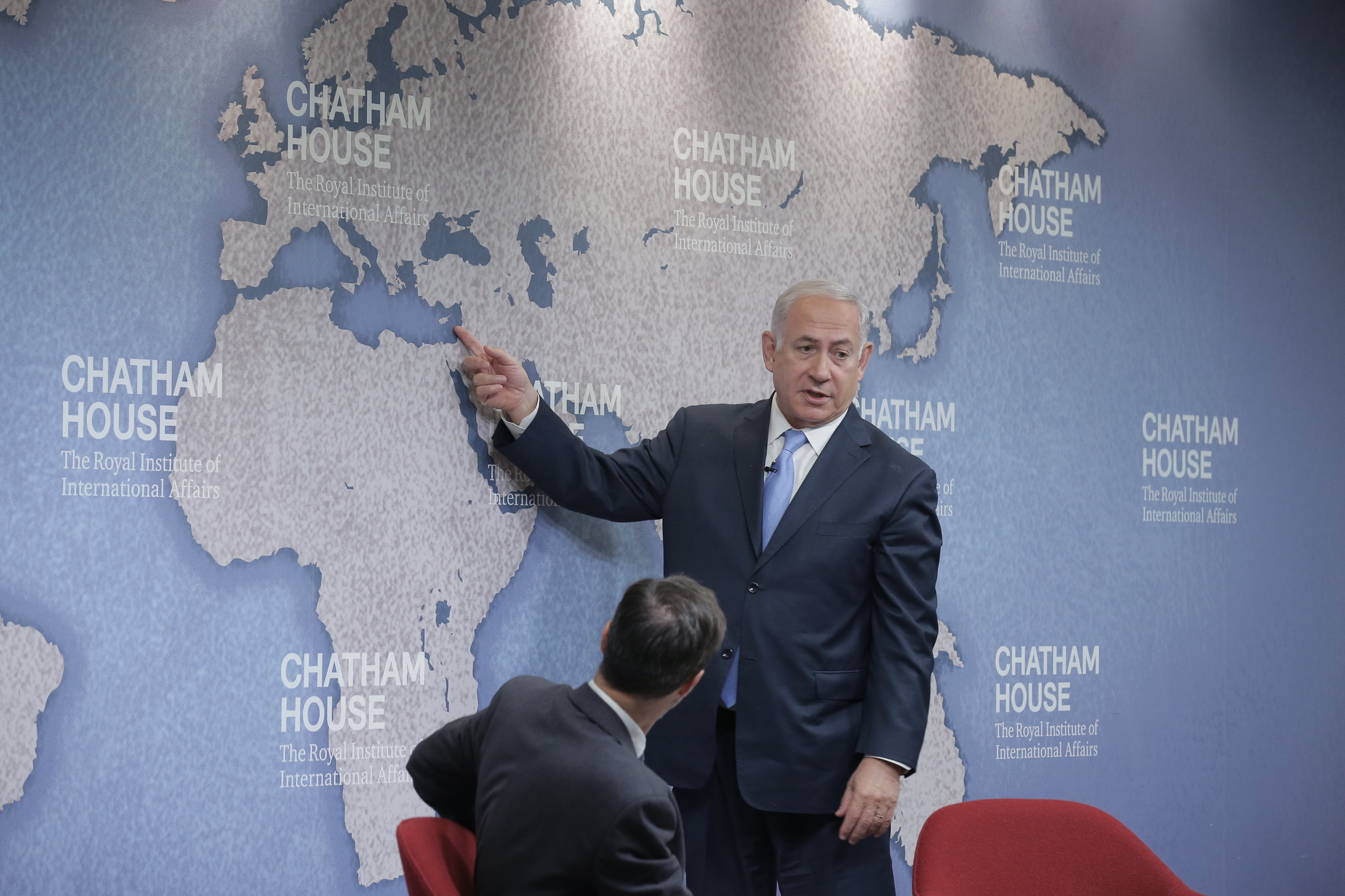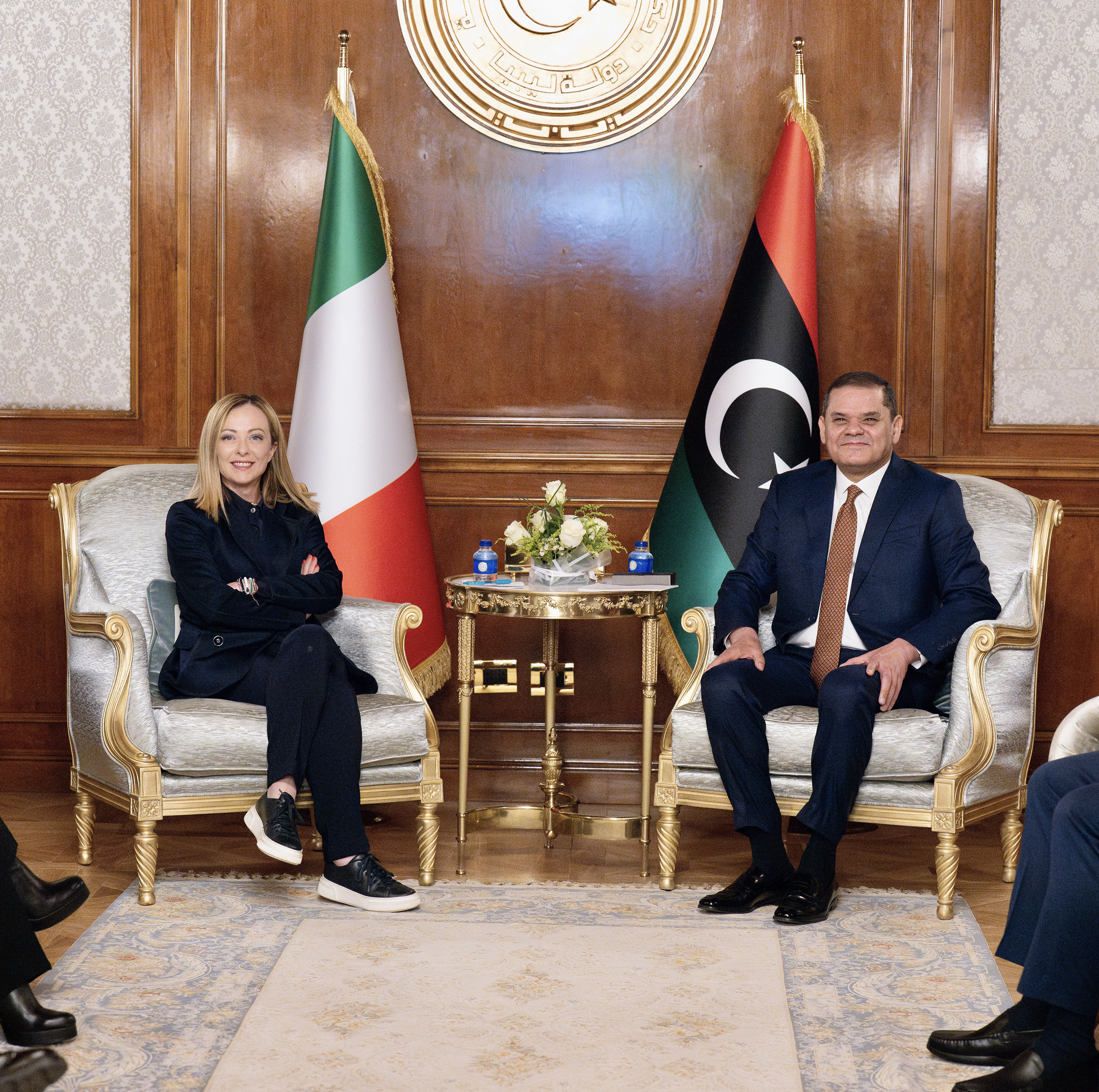Ireland, Spain, and Norway have announced their formal recognition of the Palestinian state, set to take effect on May 28. This coordinated decision by the three countries aims to support the two-state solution and promote peace in the Middle East. The announcement was met with immediate backlash from Israel, which recalled its ambassadors from Dublin, Madrid, and Oslo.
Significance of Recognition
Pedro Sánchez, the Prime Minister of Spain, emphasized the importance of this recognition for peace, justice, and consistency. Addressing the Spanish parliament, Sánchez stated, “We have to make sure that the two-state solution is respected and there must be mutual guarantees of security.” His remarks were met with applause, highlighting broad political support for this move.
In Dublin, Irish Taoiseach Simon Harris declared Palestine’s right to statehood, asserting that this step represents unequivocal support for a two-state solution. Harris expressed confidence that other countries would follow suit, reinforcing the momentum towards a peaceful resolution.
Norway’s Prime Minister, Jonas Gahr Støre, reiterated the necessity of recognition for achieving peace in the Middle East. He emphasized that Norway would view Palestine as an independent state with all the rights and obligations that entail.
Israel’s Response
Israel’s response was swift and severe. Foreign Minister Israel Katz ordered the immediate return of ambassadors from the three countries for consultations and warned of further “severe consequences.” Katz argued that recognizing Palestine would hinder efforts to secure the release of hostages held by Hamas and undermine Israel’s security.
The Israeli foreign ministry intends to reprimand the ambassadors from Ireland, Spain, and Norway, presenting them with a video depicting hostages held by Hamas. Katz accused the recognizing countries of rewarding Hamas and Iran, complicating ceasefire efforts.
The Broader Context
This recognition comes amid a prolonged conflict in Gaza, which has seen thousands of casualties and widespread international calls for a lasting peace. The Palestinian health ministry reports over 35,000 deaths resulting from the Israeli military offensive, following a Hamas-led attack that killed around 1,200 people and took 250 hostages.
Pedro Sánchez accused Israeli Prime Minister Benjamin Netanyahu of overseeing massacres in Gaza, calling for a ceasefire and condemning the killing of civilians. Sánchez has consistently criticized Israel’s military actions while acknowledging Israel’s right to self-defense.
In Oslo, Prime Minister Støre highlighted Norway’s historical role in Middle East diplomacy, referencing the Oslo Accords of the 1990s. He stressed that recognition is essential to keep the possibility of a two-state solution alive amid ongoing violence.
European and Global Implications
While Sweden was the first EU country to recognize Palestine in 2014, the decisions by Ireland, Spain, and Norway mark a significant shift in European support. About 140 of the 193 UN member states have recognized Palestinian statehood since 1988, but most EU countries have not.
The move by these European nations signals a potential shift in the diplomatic landscape, potentially eroding US dominance in the Israel-Palestine peace process. This development aligns with growing European frustration over the stalled peace process and Israel’s continued settlement expansions.
The recognition by Ireland, Spain, and Norway could also impact Israeli public opinion and diplomatic relations. Former Israeli foreign ministry director-general Alon Liel described the move as a “nightmare for the current Israeli leadership,” highlighting its potential to influence Israeli politics and public sentiment.
Future Prospects
The recognition by these European countries is unlikely to result in immediate changes on the ground in Gaza or the West Bank. However, it increases pressure for renewed efforts towards a political settlement based on an independent Palestinian state coexisting with Israel.
Irish plans to upgrade its representative office in the West Bank to a full embassy, and reciprocal measures for the Palestinian mission in Ireland, signify a concrete step towards enhancing diplomatic relations.
Conclusion
The decision by Ireland, Spain, and Norway to recognize Palestine is a significant milestone in the long-standing Israel-Palestine conflict. It underscores a collective call for peace, justice, and the implementation of a two-state solution. As other nations consider similar recognition, the geopolitical landscape of the Middle East may experience substantial shifts, potentially paving the way for a renewed peace process.




